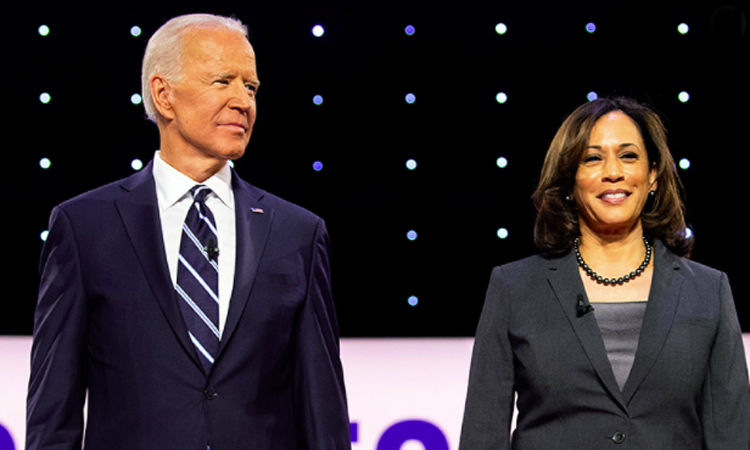Republican lawmakers are raising alarms after it was revealed that Manuel Menendez Castellanos, a former top Cuban Communist Party official, was issued an immigrant visa, allowing him to enter the United States legally. The controversy has ignited calls for accountability from the Harris-Biden administration, with multiple GOP representatives questioning the vetting process that permitted Castellanos’s entry into the country.
Representatives Mario Díaz-Balart (R-Fla.), Carlos Giménez (R-Fla.), María Elvira Salazar (R-Fla.), along with House Judiciary Committee Chairman Jim Jordan (R-Ohio) and Immigration Integrity, Security, and Enforcement Subcommittee Chairman Tom McClintock (R-Calif.), sent letters to Department of Homeland Security Secretary Alejandro Mayorkas and Secretary of State Antony Blinken, demanding an explanation for the “lapses in vetting.” The lawmakers criticized the decision to allow Castellanos to fly into Miami under a US-run visa parole program for Cubans, citing concerns about the integrity of the immigration process.
House lawmakers demand Harris-Biden admin explain the ‘lapses in vetting’ that allowed a communist Cuban official to migrate to the US https://t.co/ZK5BlsvEcs pic.twitter.com/6uv5P2kSRU
— New York Post (@nypost) September 10, 2024
“Menendez Castellanos’s entry into the United States raises serious questions about the Biden-Harris Administration’s application of federal immigration law and the vetting procedures used during the immigrant visa application process,” the representatives wrote. Under the Immigration and Nationality Act (INA), individuals who have been affiliated with totalitarian parties, including the Communist Party, are generally deemed inadmissible to the United States. The lawmakers argue that the approval of Castellanos’s visa is a clear violation of these provisions and undermines national security protocols designed to prevent potential threats from entering the country.
The representatives’ letter further highlights the broader concerns about immigration oversight under the current administration. They contend that such actions could set a dangerous precedent, potentially opening the door for other individuals with affiliations to hostile regimes to exploit the visa process. “It is unacceptable that someone who has held a high-ranking position within a regime that has long oppressed its people and opposed American interests can freely enter the United States,” said Rep. Díaz-Balart in his statement.
The administration’s handling of immigration policies has been a point of contention among Republicans, who argue that the current approach lacks the necessary scrutiny to protect national security. This incident has amplified those criticisms, with lawmakers insisting on a comprehensive review of the vetting procedures to ensure they align with existing laws and standards.
Critics of the administration are now demanding a transparent explanation of how Castellanos’s case was processed and are calling for reforms to prevent similar occurrences in the future. The situation underscores the ongoing debate over the balance between humanitarian considerations and national security in the U.S. immigration system.
As this story develops, it remains to be seen how the administration will address these concerns and whether any changes to immigration policy will result from this high-profile dispute.

